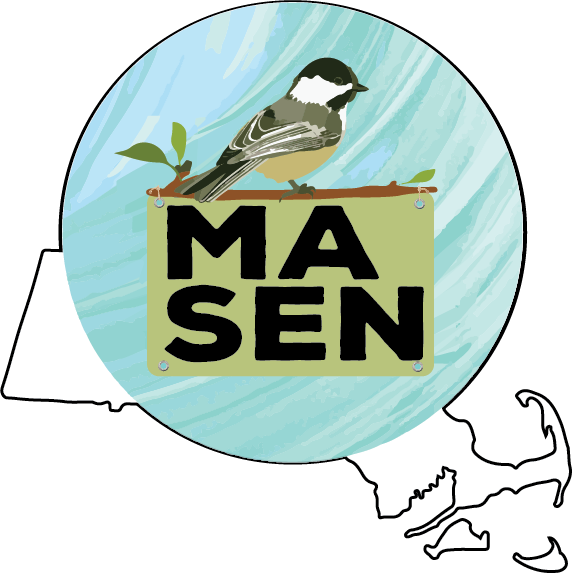An individual cooperative is a beautiful and courageous example of the solidarity economy in action, but what about the economic fiber surrounding and connecting individual cooperatives and their many stakeholders? If an “economy” is the way we manage collective resources (including: what to produce, how to produce it, how to distribute it, who to consume it, how to finance it), the solidarity economy includes both the individual initiatives and the infrastructure that guides our economic relationships.
Capitalism is not more “natural” or “efficient” than the solidarity economy. However, capitalism does have a significant amount of societal infrastructure supporting it, including private property laws (and the courts/police to enforce them); financial marketplaces; educational institutions where you can study capitalist economics, capitalist business, and capitalist finance; cultures of racism and classism that create marginalized low wage communities; culture of individualism and a patriarchal emphasis on the nuclear family etc.
What kind of infrastructure do we need to build a just economy that works for everyone (a solidarity economy)?
- Participatory and democratic community planning
- Community controlled banks
- Educational institutions where you can study solidarity economics, solidarity business and solidarity finance
- Popular education
- Community accountability and transformative justice infrastructure
- Culture of trust and respect for each other, regardless of the cards we were dealt and our position in society
- Timebanks and local currencies
- Shared tools and commons
- Institutions facilitating community resiliency and sustainable shared living
- ___________________ (and many more)
MASEN hopes to have more capacity to build these institutions and strengthen the fiber around each of the solidarity economy initiatives in our ecosystem. For now, we’re focused on the groundwork of education and relationship building. In the short term, highlighting opportunities for collaboration through a deeper understanding of our ecosystem is a scalable first step in this endeavor.
If you’d like to join our Mapping and Value Chain Working Group, please reach out to solidarityeconomy.ma [at] gmail.com.

